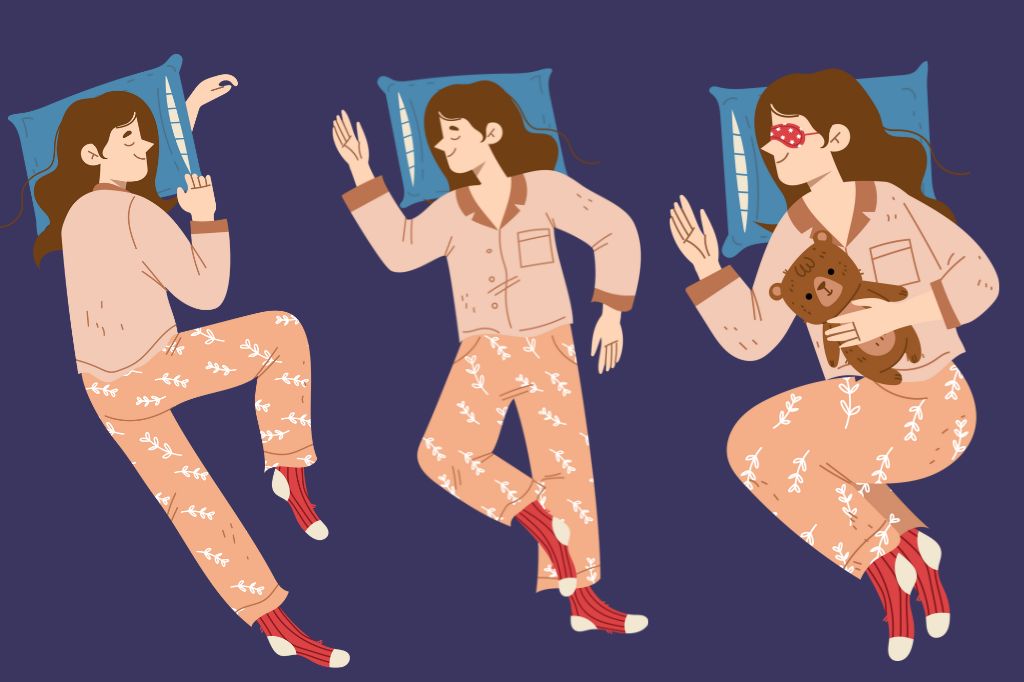Racing Thoughts at Night: Causes and Solutions
Racing thoughts at night can make it difficult for you to fall asleep, stay asleep, or enjoy a restful night. These rapid-fire thoughts can stem from a variety of factors, such as stress, anxiety, or even certain medical conditions. Here, we’ll explore why you might be experiencing racing thoughts and what you can do to quiet your mind and get the rest you need.

What Are Racing Thoughts?
When you find yourself lying in bed, unable to stop a whirlwind of thoughts from swirling through your mind, you’re experiencing what’s known as racing thoughts. These thoughts can jump from topic to topic, making it difficult to focus or relax. Often, they’re accompanied by feelings of anxiety or unease.
Why Do Racing Thoughts Happen at Night?
Stress and Anxiety
The most common reason people experience racing thoughts at night is stress or anxiety. Your mind may start replaying events from the day or worrying about what’s going to happen tomorrow. Emotional triggers from your daily life can activate this response, making it hard to wind down.
Medical Conditions
Certain medical conditions, such as bipolar disorder or attention-deficit hyperactivity disorder (ADHD), can also contribute to racing thoughts. People with these conditions often report an increase in rapid thinking, particularly during the evening.
Diet and Lifestyle Choices
What you eat or drink before bed can also play a role. Consuming caffeine or sugar close to bedtime can stimulate your nervous system, making it difficult to relax. Similarly, lack of physical activity during the day can also contribute to restlessness at night.
How Can You Manage Racing Thoughts?
Deep Breathing Exercises
One effective way to deal with racing thoughts is to practice mindfulness. When your thoughts start to race, engage in deep breathing. Inhale deeply through your nose, hold for a few seconds, and then exhale fully through your mouth. Repeat this several times until you start to feel more relaxed.
Guided Imagery
Imagine a calming scene, such as a beach at sunset or a serene forest. Close your eyes and focus on the details of this scene, immersing yourself fully. This technique diverts your mind from racing thoughts and promotes relaxation.
Progressive Muscle Relaxation
Starting from your toes and moving up, tense and release each muscle group in your body. This not only diverts your attention but also helps relax your physical body, making it easier to fall asleep.
Establish a Bedtime Routine
Consistency can make a big difference when it comes to sleep quality. Try to go to bed and wake up at the same time every day, even on weekends. Incorporate calming activities like reading or taking a warm bath into your bedtime routine.
Establish a Bedtime Routine
Consistency can make a big difference when it comes to sleep quality. Try to go to bed and wake up at the same time every day, even on weekends. Incorporate calming activities like reading or taking a warm bath into your bedtime routine.
Herbal Remedies
Some people find relief through herbal teas like chamomile or valerian root, which are known for their calming properties.
Physical Activity
Regular exercise can help clear your mind and improve your mental well-being. Even a short walk before bed can help prepare your body for sleep.
Professional Help
For persistent or worsening symptoms, consider seeking the advice of a healthcare professional. Cognitive Behavioral Therapy (CBT) is often recommended for people dealing with anxiety or stress-related issues. Moreover, medication may be an option if your racing thoughts are linked to a medical condition.
Medication
In some cases, medication like anti-anxiety medication or antipsychotics may be prescribed to help control racing thoughts. Always consult with your doctor or a sleep physician (somnologists).
Don’ts for Dealing with Racing Thoughts
Stimulants Before Bed
Steer clear of caffeine, nicotine, and sugary foods before hitting the sack. These substances can keep you awake and contribute to racing thoughts.
Blue Light Exposure
The light emitted from electronic devices can interfere with the production of the sleep hormone melatonin. So, it’s best to put away your phone or tablet at least an hour before bedtime.
Don’t Watch the Clock
Staring at the clock when you can’t sleep only increases your stress. Turn the clock away from you or put it in a drawer to resist the temptation to keep checking the time.
Overthinking
Ironically, worrying about not being able to sleep can make the situation worse. If you find yourself stuck in a cycle of worry, try to shift your focus to more positive thoughts.
In essence, racing thoughts at night can be a hindrance to a good night’s sleep, but various strategies can help you manage this issue. From mindfulness techniques to lifestyle changes, you have several tools at your disposal to quiet your mind and enjoy a more restful night.
Further Reading: What Are Intrusive Thoughts?






